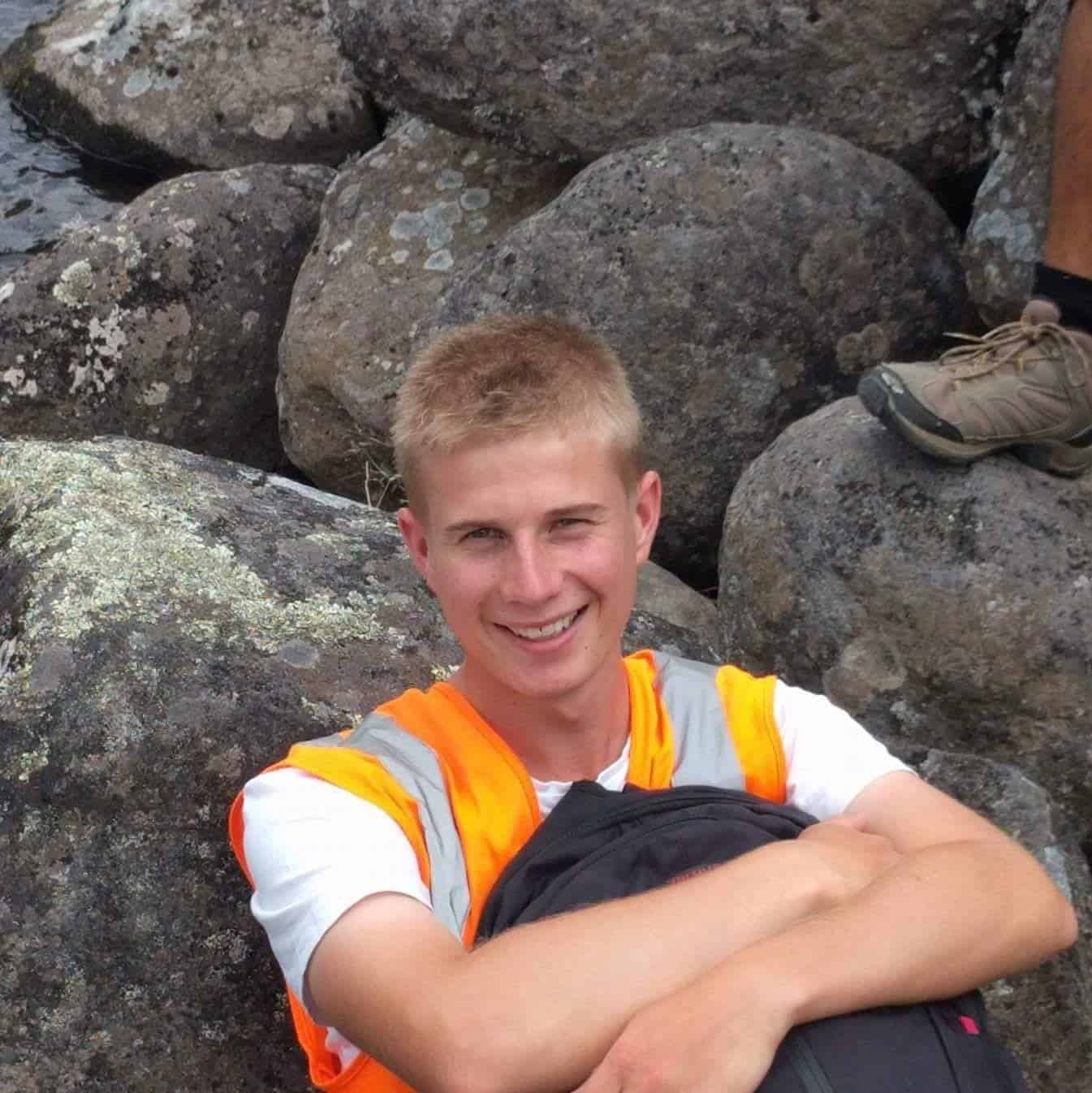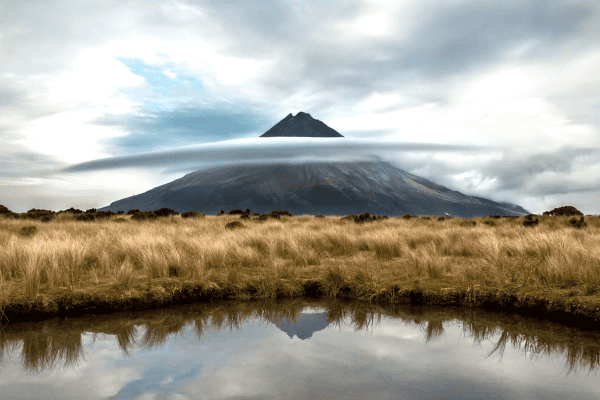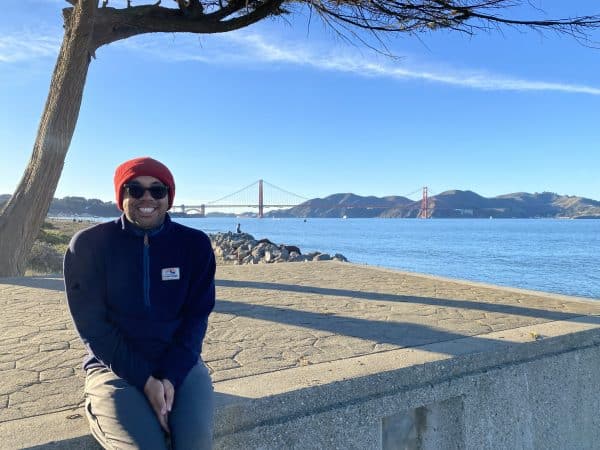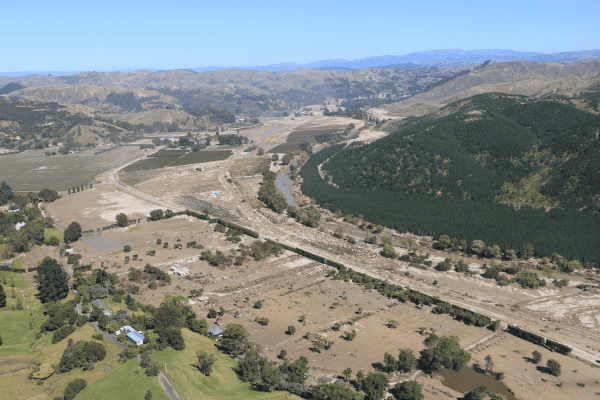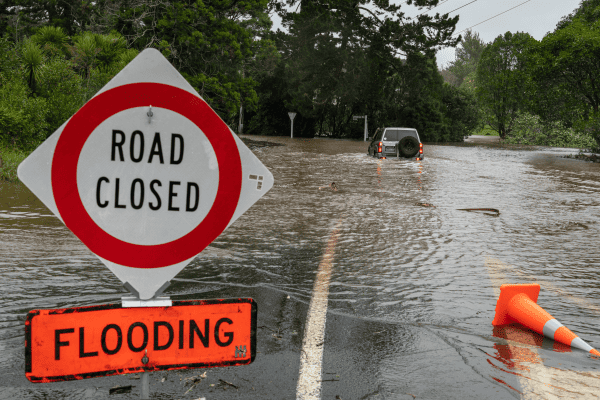Student Profile: Sam Olufson
27/03/2019
Managed Retreat Components and Costing
 A bit about me
A bit about me
I was born in Auckland but spent ten of my early years growing up in Australia (time shared between Sydney and Perth). During my time in Australia I developed a passion for cricket which has stayed with me ever since. My family moved back to Auckland in early 2007, and I completed high school there. Spending time in these different places grew my interest in geology and physical geography. These interests ultimately provided the motivation to complete my BSc at The University of Auckland in Earth Sciences. While completing my BSc, I developed a strong interest in coastal processes and the management of these dynamic environments.
My honours year (also at The University of Auckland) focussed on the coast, with my dissertation research investigating reflected wave energy following impacting with coastal cliffs. In May 2018, a friend got in touch with me about an MSc opportunity in Wellington, looking into managed retreat of coastal communities. This opportunity came about at the perfect time as I was already considering undertaking my MSc research in the following year. I applied, and began my research in July 2018 here in Wellington.
My project
The risk that coastal hazards pose to coastal communities will increase as sea levels continue to rise. As a result, we need to identify options that enable these communities to adapt to these increased risks. Managed retreat is one of these options. While managed retreat is the only strategy that completely eliminates coastal hazard risk (as it involves the relocation of communities inland from the coast), it is not currently well understood. My research aims to build understanding of managed retreat so it can be more readily considered as a coastal adaptation option.
My research identifies the components of managed retreat, and addresses how these components might be sequenced in time to respond to increasing coastal hazard risk. It also provides guidance for costing managed retreat as a strategy within an economic framework. The framework focusses on the valuation of the costs of the different components.
My work involves combining information on the use of managed retreat with the valuation of climate change adaptation options. I then use this insight to form typologies for developing a managed retreat strategy. These typologies are being tested in semi-structured discussions with practitioners working in the climate change adaptation space. My research is part of the Resilience to Nature’s Challenges ‘Living at the Edge’ programme which is developing tools to support communities living in highly vulnerable coastal settings.
Next steps
Currently, I am finalising the component valuation methodology ahead of having discussions to test the findings. Once these findings have been discussed with relevant informants, I will begin to write up the remainder of my findings. My thesis is due to be handed in during July. The plan following this is to head back to Auckland to spend some time with my family while participating in preseason training ahead of the cricket season with the Hibiscus Coast Cricket Club. I also hope to find employment working in the coastal space.
